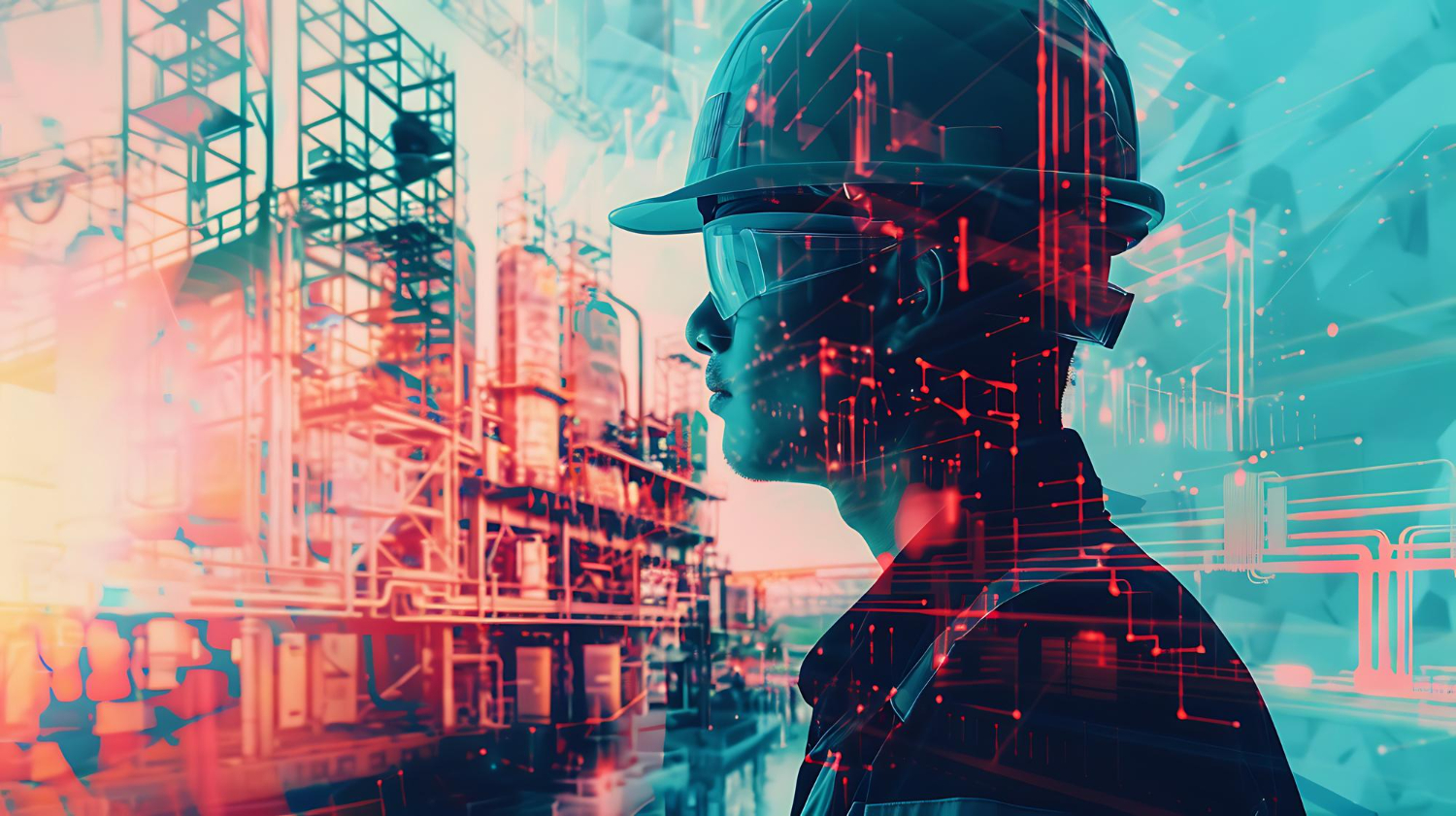As AI continues to advance and integrate into various industries, concerns about job losses have become increasingly prevalent.
While it is true that AI has the potential to replace a significant number of human workers in certain sectors, some professions, such as construction, are likely to prove more resilient in the face of this technological shift.
The Unique Nature of Construction Work
Construction is an industry that relies heavily on a combination of physical labor, technical skills, and problem-solving abilities. While AI can certainly assist in various aspects of construction, such as design, planning, and project management, the hands-on nature of the work itself makes it less susceptible to complete automation.
Construction sites are dynamic, unpredictable environments that require professionals to adapt to changing conditions and make quick decisions based on their experience and judgment. The ability to navigate these complex situations is a uniquely human skill that AI may struggle to replicate.
The Importance of Human Interaction
Another factor that contributes to the resilience of the construction industry is the importance of human interaction. Construction projects involve collaboration among multiple stakeholders, including clients, architects, engineers, and various trade professionals. Building trust, fostering relationships, and effectively communicating ideas and concerns are all crucial aspects of successful construction projects.
While AI can certainly facilitate communication and streamline certain processes, the nuanced nature of human interaction remains a key component of the construction industry. The ability to build rapport, negotiate, and manage interpersonal dynamics is a skill that AI may find challenging to emulate.
The Need for Skilled Labor
Despite advancements in technology, the construction industry still faces a significant shortage of skilled labor. As older generations of workers retire, there is a growing need for younger professionals to fill these roles. This demand for skilled labor is likely to persist even as AI becomes more prevalent in the industry.
The construction industry will continue to rely on human beings who possess the knowledge, experience, and physical abilities necessary to bring projects to life.
The Potential for AI to Augment, Not Replace
Rather than viewing AI as a threat to professionals in the construction industry, it is more accurate to see it as a tool that can augment and enhance their capabilities. AI can assist in various aspects of construction, such as:
- 1. Design and planning: AI can help optimize building designs, identify potential issues, and streamline the planning process.
- Project management: AI can assist in scheduling, resource allocation, and risk assessment, helping to keep projects on track and within budget.
- Safety: AI can monitor job sites for potential hazards, alert workers to unsafe conditions, and help prevent accidents.
By leveraging AI as a supportive tool, the construction industry can improve efficiency, reduce costs, and create a safer working environment for human employees.
Conclusion
While AI is undoubtedly transforming the way work is done in certain industries, the construction sector is likely to remain more resilient.
Rather than fearing AI as a job-killer, the construction industry should embrace it as a tool that can augment and enhance their capabilities. By finding the right balance between human expertise and artificial intelligence, the construction sector can continue to thrive and adapt to the changing tech landscape.
How can we help you?
Searching for an opportunity in the construction industry? Contact The Birmingham Group’s team of seasoned commercial construction recruiters today to discuss your career path or browse our open positions.
Are you a hiring authority in need of construction talent? Submit a search request today.






